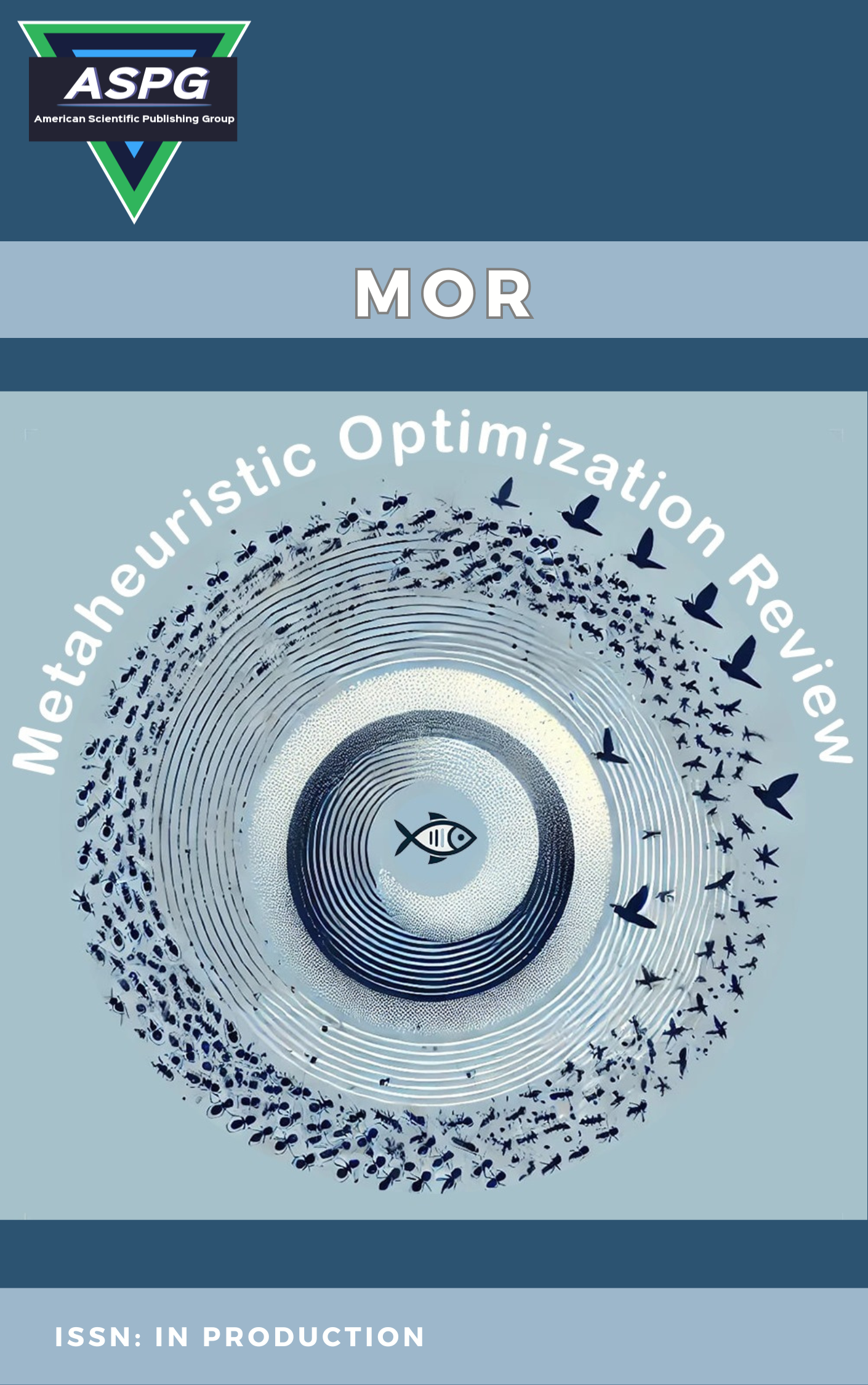

Social media sentiment analysis has benefited from the miracle of artificial intelligence (AI), mainly how it can handle large, conflated data sets and distill valuable insights. In this review, the authors consider the positive impact of AI in business, health care, politics, and social justice, including marketing, mental health screening, misinformation, and multilingualism. Using ML and NLP, artificial intelligence technologies empower real-time analysis of the social trends and behaviors that affect decision-making and social interactions. However, many challenges are still reflected in data imbalance, ethical concerns relating to privacy and consent, and difficulties in processing dynamic content and several modalities, languages, and emotional states. Such limitations call for interdisciplinary collaboration and comprehensible ethical guidelines, including the FAIR principles for bettering data stewardship and ensuring no biases in AI systems. When developed as scalable, context-aware, and equitable systems, opinion mining may help solve social dilemmas and build an inclusive digital environment. Based on current trends, challenges, and suggested future directions, this review underlines the need for ethical, interdisciplinary, and culturally sensitive approaches to unlock the proper potential of AI in SA and social media sentiments.
Read MoreDoi: https://doi.org/10.54216/MOR.020201
Vol. 2 Issue. 2 PP. 01-13, (2024)
This review reviews metaheuristic optimization algorithms for solving various important issues in cloud computing, such as scheduling, resource provisioning and energy consumption. Specifically, PSO, GA, and DRL are application area-specific intelligent scheduling algorithms that offer high scalability, flexibility, and efficiency in solving NP-hard problems, thereby improving system performance and QoS. The following are some of the key strengths in the study: The energy utilization and the cost utilization as key strengths are presented; the weaknesses are programs and things such as scalability and integration issues that arise when using hybrid systems. The focus for the future lies in combining machine-learning techniques, improving the further development of hybrid approaches, and testing them in real cloud systems to cope with the increasing sophistication of distributed systems. This paper provides an outline of metaheuristic optimization with an emphasis on how this area can contribute to enhancements and further developments in the capacity, recyclability, and dependability of cloud computing.
Read MoreDoi: https://doi.org/10.54216/MOR.020202
Vol. 2 Issue. 2 PP. 14-25, (2024)
Heart diseases go on to be the primary cause of such mortality all over the world and hence call for accurate and efficient diagnostic tools. Traditional diagnostics are not scalable and precise in analyzing large and complex datasets generated in healthcare. Machine learning has come as a revolutionary solution in the form of advanced prediction models in the diagnosis and risk assessment of heart diseases. The authors present all machine-learning techniques like Random Forest, Support Vector Machine (SVM), Logistic Regression, Naïve Bayes, and hybrid models containing deep learning versions like CNN and LSTM in the study. These techniques consumed multi-source data found in Cleveland, Statlog, and UCI repositories and combined feature selection methods with different data preprocessing techniques to achieve improved accuracy, reliability, and scalability of outcomes while applying ensemble methods like majority voting and boosting to show enhancements in model working robustness and adopting SMOTE to tackle the imbalanced data scenario. Despite these developments, specific challenges remain mostly: Model Interpretability, Data Diversity, and Clinical Integration. The present review discusses progress, challenges, and future avenues in using machine learning in predicting heart diseases, which focus on the critical need for explainable AI models, diverse datasets, and real-world validation for the optimum use of clinical applications to improve global healthcare outcomes eventually.
Read MoreDoi: https://doi.org/10.54216/MOR.020203
Vol. 2 Issue. 2 PP. 26-36, (2024)
Automated motion planning is an essential component of any autonomous system that effectively and safely finds the route in different application areas such as industry, hospitals, and cars. New developments in artificial intelligence and machine learning have improved additional attributes of path-planning algorithms in dealing with the complexities of their environment. This review also covers traditional algorithms, including RRT and A*, integrated frameworks, and AI solutions encompassing reinforcement learning, deep neural networks, and the Large Language Model (LLM). This paper looks at these methods' essence, advantages and disadvantages, and use for flexibility, productivity, and feasibility. It also outlines practical problems such as real-world testing, multi-robot operation, and energy issues and finally describes research directions in both cross-disciplinary research and practical application. This review aims to present the current developments and possibilities for robotic path planning to the researcher and practitioner communities.
Read MoreDoi: https://doi.org/10.54216/MOR.020204
Vol. 2 Issue. 2 PP. 37-47, (2024)
Vehicle Routing Problem (VRP) variants and modifications are significant problems in combinatorial programming and logistics. They relate to efficient and optimal transport routing for customer demand fulfillment while monitoring operational costs. Traditional methods have been exact algorithms, heuristics, and metaheuristics; however, it has yet to be known to cater to the scalability, computational, efficiency, and adaptability challenges posed by dynamic and large-scale VRPs. Recent advances have shown enormous promise in combining this with learning approaches in hybrid forms: ML and metaheuristic and optimization techniques to overcome them. Such hybrid approaches now promise even better quality solutions, computational speeds, and real-world applicability for two actual ML methods: deep reinforcement learning and meta-learning. The present study surveys the current state of the art of hybrid methods applying to VRPs to find strengths, weaknesses, and directions that future research could intensify to enhance efficiency, scalability, and applicability to transportation and logistics systems.
Read MoreDoi: https://doi.org/10.54216/MOR.020205
Vol. 2 Issue. 2 PP. 48-58, (2024)